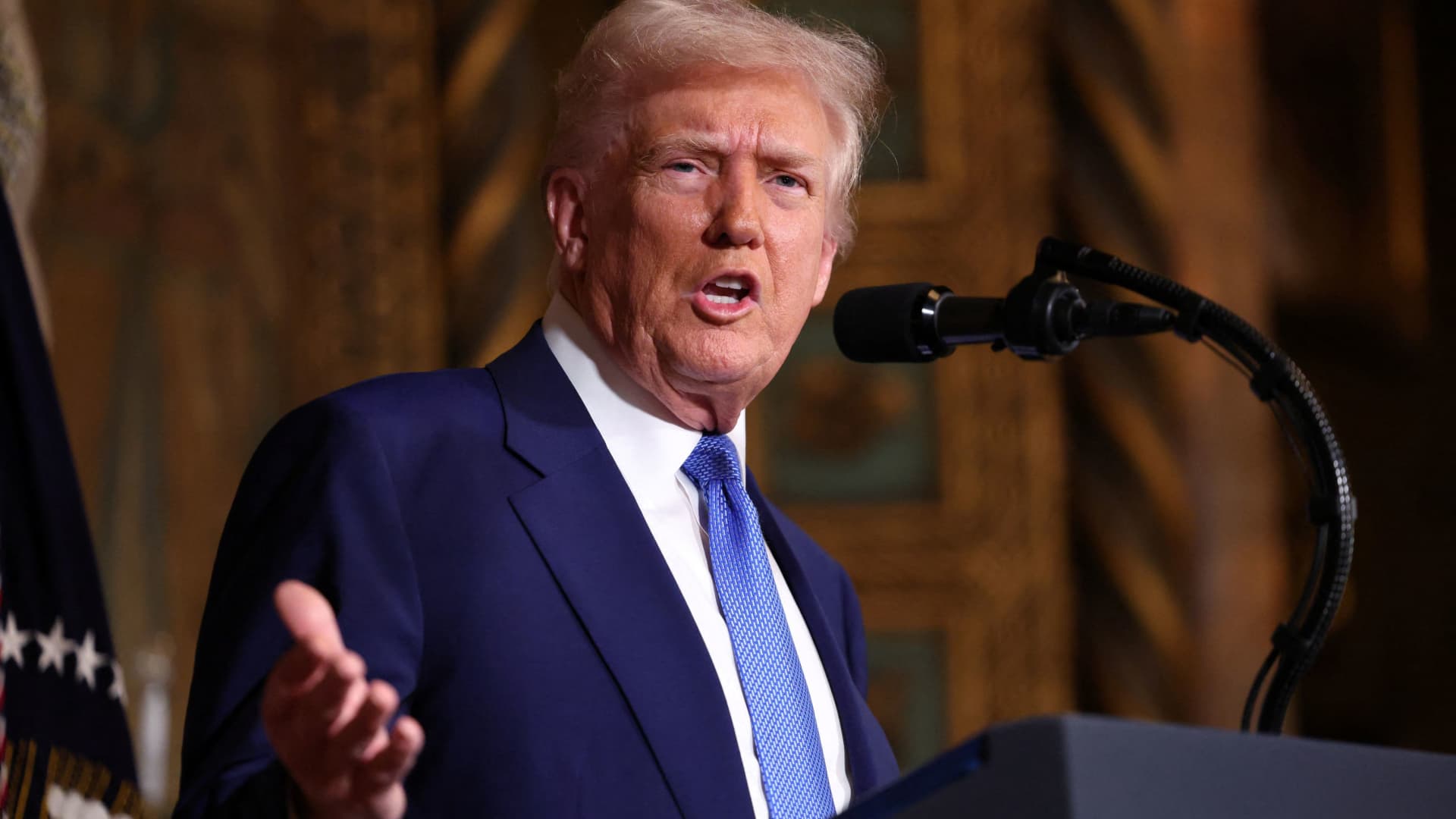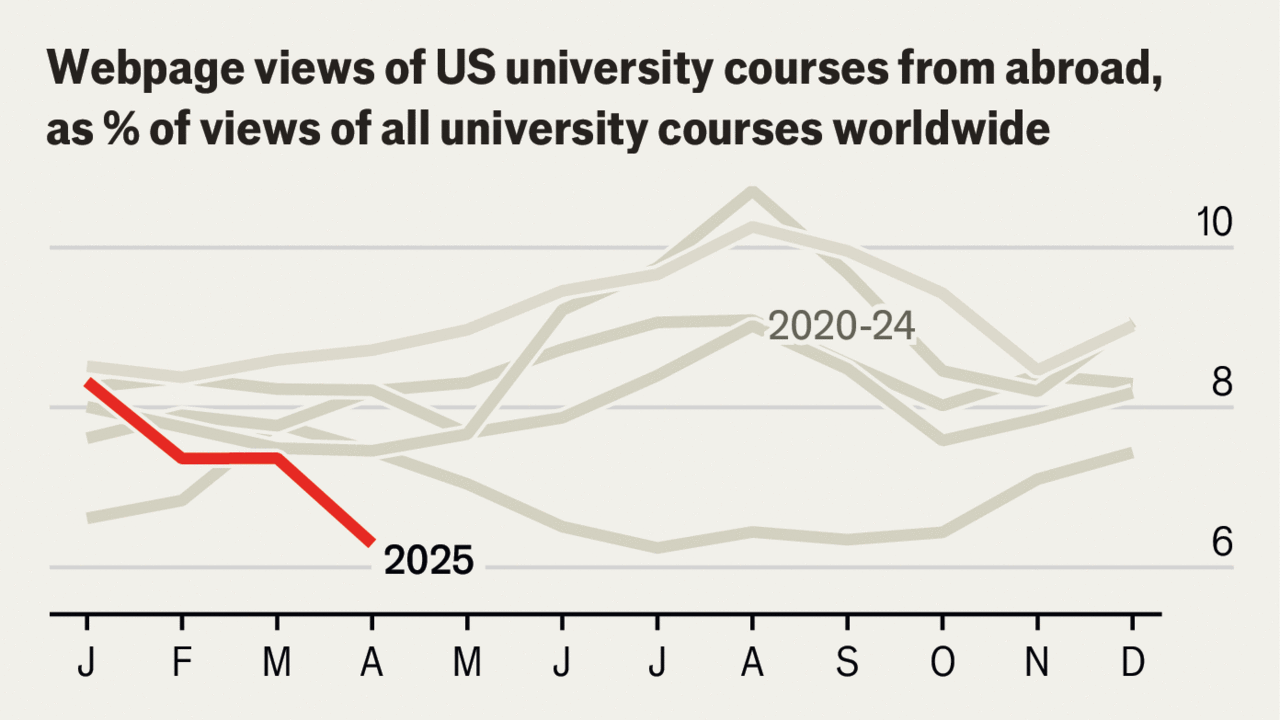Economics
Trump suggests 25% tariffs on autos, pharma and semiconductors that could go even higher
-

 Accounting1 week ago
Accounting1 week agoHouse tax bill includes provision eliminating PCAOB
-

 Economics1 week ago
Economics1 week agoWhat happens if the Inflation Reduction Act goes away?
-

 Personal Finance1 week ago
Personal Finance1 week agoWhat House Republican ‘big beautiful’ budget bill means for your money
-

 Accounting1 week ago
Accounting1 week agoTrump tax bill faces Senate’s arcane rules, desire for changes
-

 Finance7 days ago
Finance7 days agoPersonal finance app Monarch raises $75 million
-

 Economics1 week ago
Economics1 week agoA court resurrects the United States Institute of Peace
-

 Economics1 week ago
Economics1 week agoHow much worse could America’s measles outbreak get?
-

 Economics1 week ago
Economics1 week agoCalifornia has got really good at building giant batteries






















